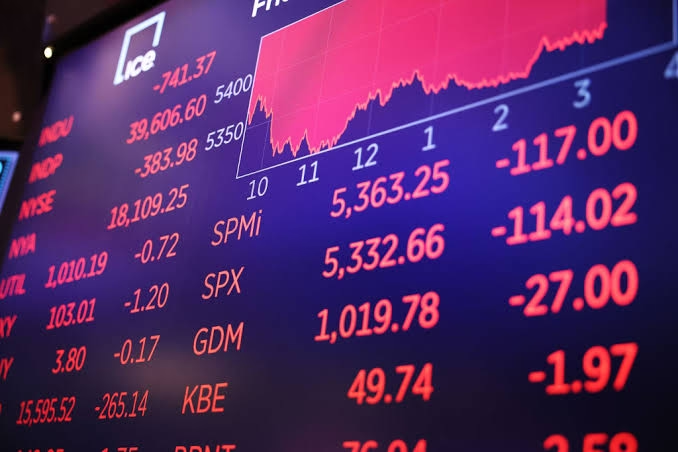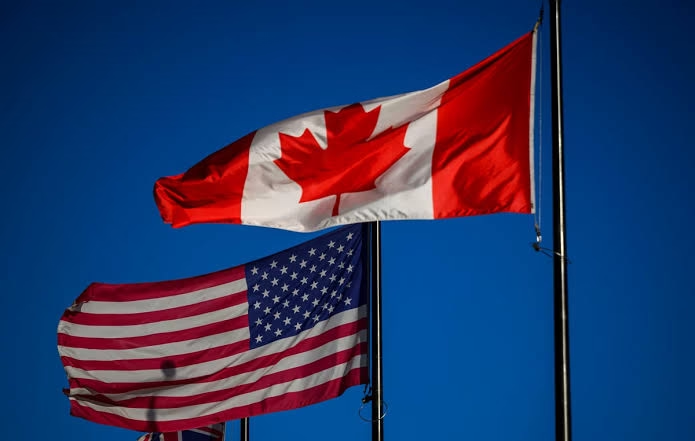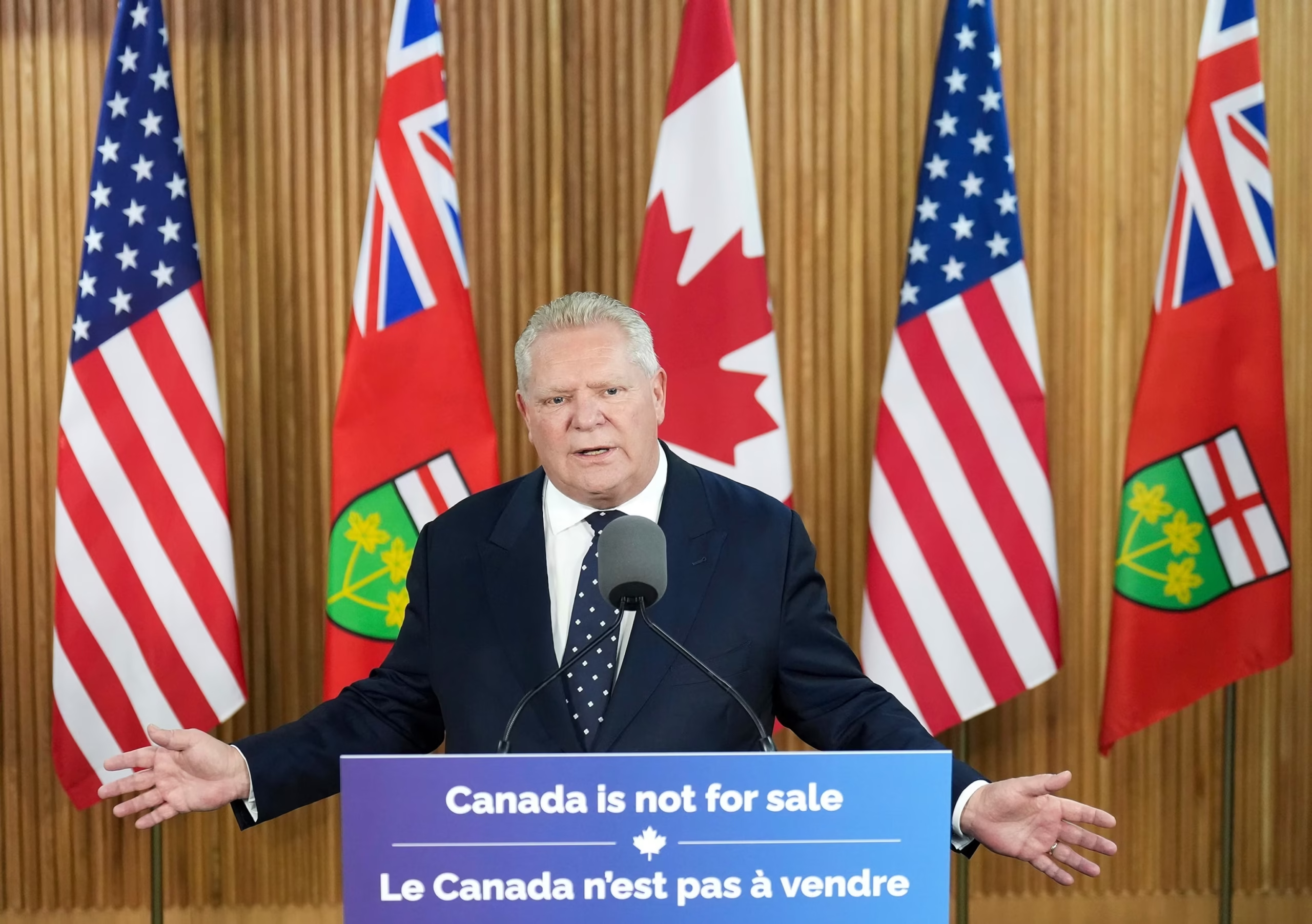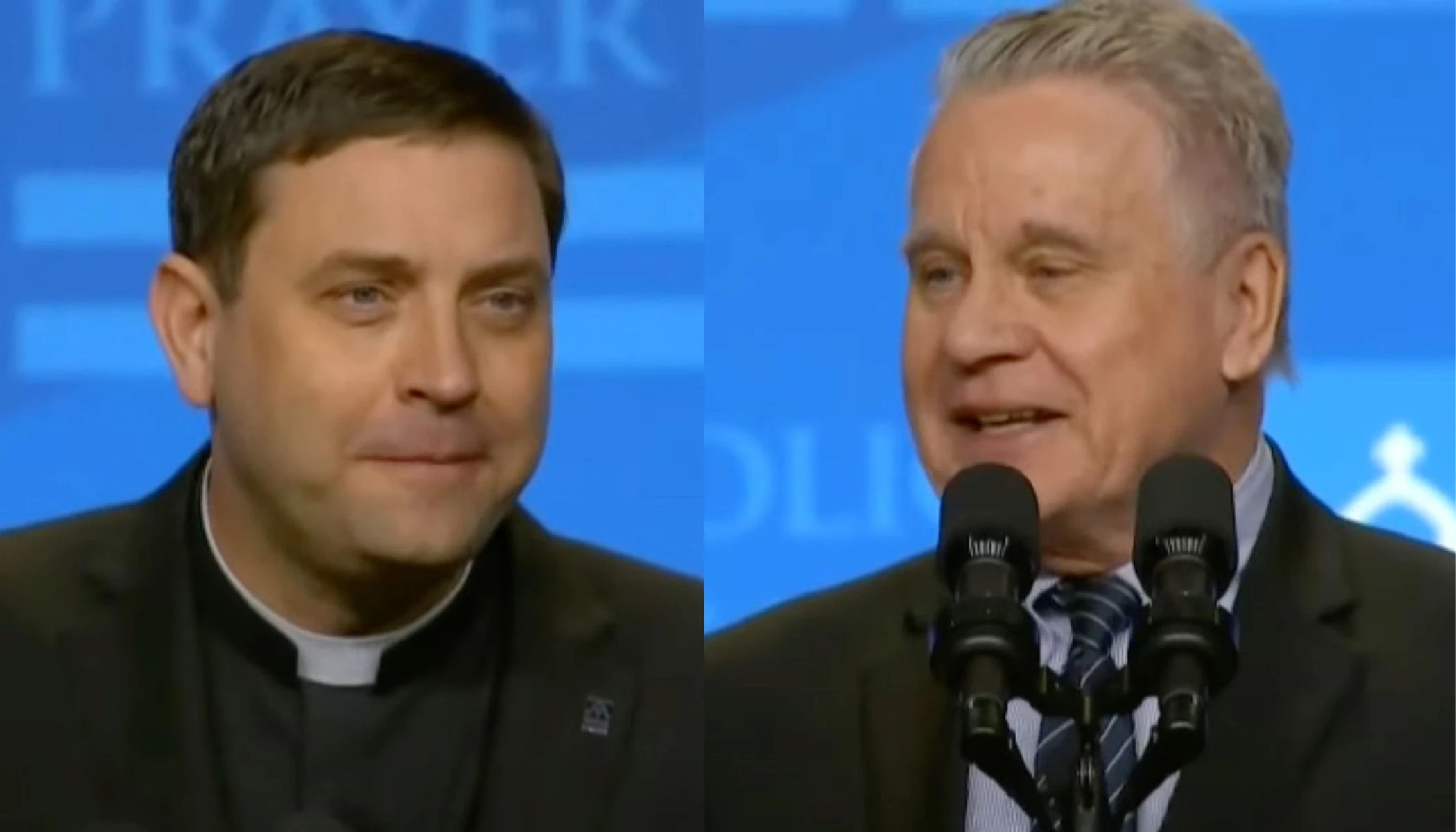Tag: Us
-

U.S. Stocks Plunge $5.4 Trillion in Two Days Amid Recession Fears from Trump Tariffs
In a two-day period, US stock prices experienced a precipitous decline of $5.4 trillion, primarily driven by the apprehension of a recession precipitated by President Trump’s imposition of tariffs. China’s retaliatory measures against Washington’s levies have further exacerbated the global market’s pessimism. President Trump’s ambitious plan to disrupt the global trading framework through substantial tariffs…
-

Canada Declares End of Era in U.S. Relations, Plans Major Trade & Security Overhaul Amid Trump Tariff Fallout
Ottawa, Canada – Prime Minister Mark Carney announced a historic shift in Canada’s relationship with the United States on Thursday, declaring that decades of tightly integrated economic and security cooperation are “over” and vowing a sweeping renegotiation of bilateral trade and defense agreements. The remarks, delivered during a press conference in Ottawa, signal a dramatic…
-

Trump’s tariffs on Canada may make US electrical payments much more costly
Rising U.S. energy costs may speed up additional in sure areas if the ten% power tariffs imposed by the Trump administration this week have an effect on Canadian electrical energy imports and provoke retaliatory measures, power specialists and grid operators warn.Whereas imported electrical energy accounts for simply 1% of the nation’s whole energy provide, authorities…
-

Pope Francis health concerns top of mind at National Catholic Prayer Breakfast
By Tyler Arnold Washington D.C., Feb 28, 2025 / 19:30 pm Speakers and attendees at the 2025 National Catholic Prayer Breakfast on Friday prayed for Pope Francis amid his ongoing ailments, emphasized a message of hope, and called attention to ongoing pro-life policy efforts. “The Holy Father is still in precarious circumstances, but thanks be…
-

State Senate kills proposal to put sports betting on Georgia ballot
State Senate kills gambling ballot measure A state Senate resolution to get the question of legalizing sports betting and casinos on the ballot died in committee. This as experts say Georgia is missing out on hundreds of millions of dollars in potential tax revenue from legalization. ATLANTA – A Georgia Senate resolution to possibly put…